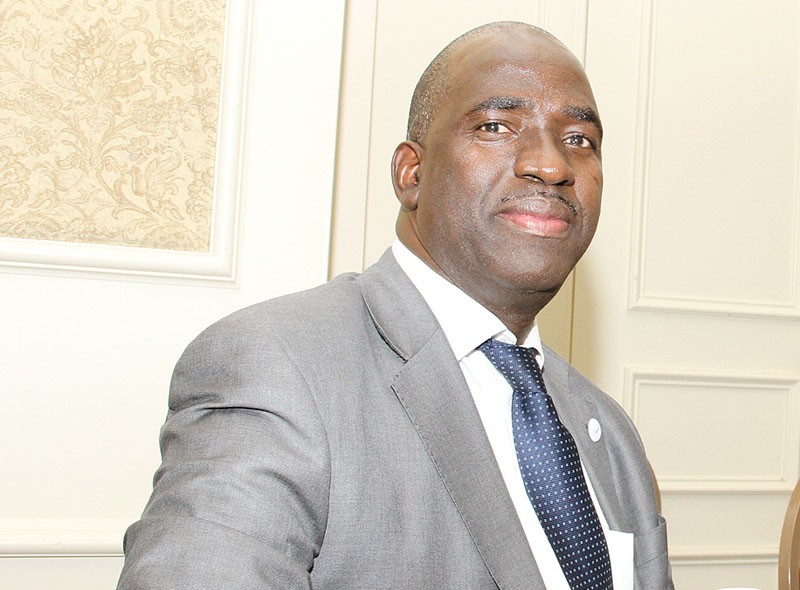Kapinga calls for crime victims� compensation fund
Boniface Keakabetse | Tuesday December 13, 2016 15:47


The former diplomat was presenting under the topic: ‘Criminal Justice and Human rights’, during the human rights conference at Rileys Hotel. The conference was organised by the Ngamiland Council for Non Governmental Organisations known by its acronym, NCONGO.
“Countries internationally are setting up compensation funds to compensate victims of crime where criminals are unable to pay. Botswana should emulate this,” he said.
According to Kapinga there are instances where people lose property to criminals and the courts rule that victims be paid. “There are instances where you can be seriously assaulted or you lose all your household property to thieves who can not compensate you,” he said.
Kapinga suggested that funds from the alcohol levy, traffic and court fines could contribute to the compensation fund when responding to a question as to where funds for compensation would be sourced.
Kapinga, who served for 28 years in the police service, advised Botswana’s legal system to promote the interests of victims equally to those of the accused persons. “Just because it is so or so versus the state should not relegate the interest of victims to the sidelines.
There was an old thinking when I joined the police service that the victim is just a mere chief witness while the case is between state and the accused,” he said. Kapinga further challenged the law enforcement organs to obey human rights when they go about their duties.
In his view the police have enough protection from the constitution such that it is unnecessary for them to violate human rights.
“The police are empowered constitutionally to arrest and kill. If you do your job within the req uired law processes there is no need for brutality.” Kapinga called for state to utilise modern technologies such as modern I.D parades suits, in camera proceedings and video testimonies in courts.
Speaking at the same event, Superintendent Babedi Mosimanegape of Boro Prison in Maun called on members of the public to help former convicts reintegrate into the public and cautioned against stigmatisation.
